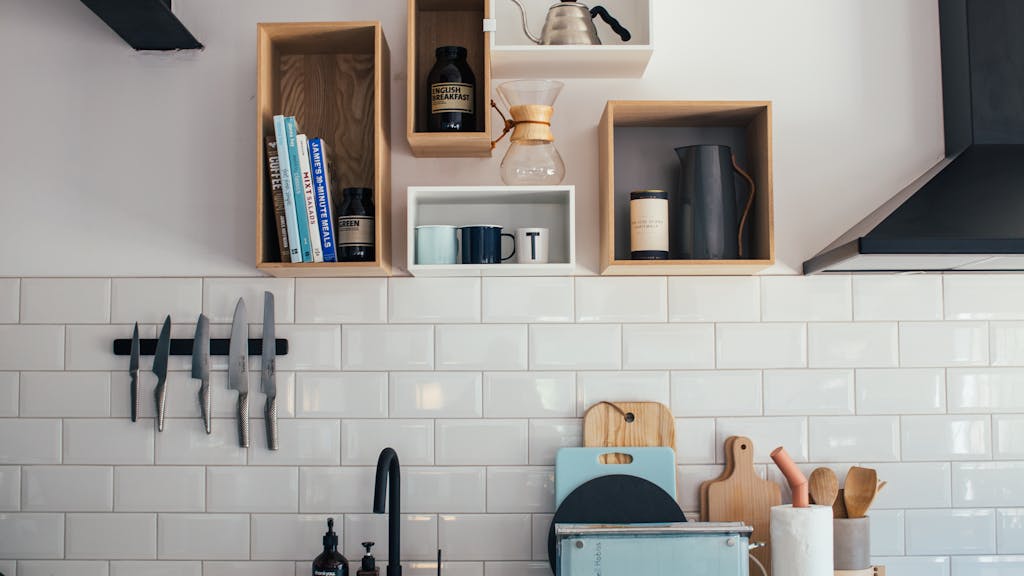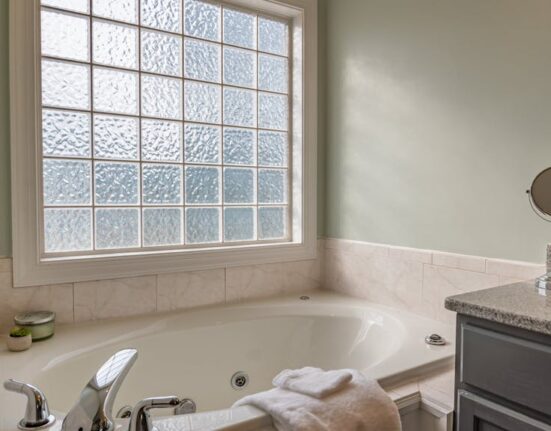We all have appliances at home that we don’t use every day, like blenders, food processors, or spare microwaves. Properly storing these appliances can keep them in good condition for when you need them again. Here are some simple tips on how to store appliances you don’t use often.
Clean the Appliance Thoroughly
Before storing any appliance, make sure it is clean. Wipe down the exterior and clean any food or dust from the inside. For example, remove crumbs from a toaster or leftover grease from a fryer. Storing a dirty appliance can lead to bad smells, mold, or rust, which can damage the appliance over time.
Remove Attachments and Accessories
Some appliances come with various attachments or accessories, like blades, mixing bowls, or cords. Store these separately in a labeled container or bag to avoid losing them. This will also prevent parts from breaking or getting tangled during storage.
Wrap Cords Neatly
Appliance cords can easily become tangled or damaged if not stored properly. Wrap the cords loosely around the appliance or secure them with a twist tie. Make sure not to bend the cord too tightly, as this can cause it to wear out over time.
Use Protective Covers or Bags
To keep dust, dirt, and moisture away from your appliances, it’s a good idea to store them in protective covers or plastic bags. This will help keep them clean and prevent damage while they’re stored away. If you don’t have a cover, you can use a clean towel or cloth to cover the appliance.
Store in a Dry, Cool Place
Appliances should be stored in a place that is dry and cool. Avoid places with extreme heat, like near the furnace or in the attic, as this can damage the appliance’s materials. Humid areas, like basements, can cause rust or mold, so choose a dry area like a closet or a cabinet.
Label Your Storage Boxes
If you’re storing multiple appliances or accessories in boxes, be sure to label the boxes. This will make it easier to find what you need later. Write the name of the appliance and any important information on the box to avoid confusion.
Check on Stored Appliances Regularly
Even if you’re not using the appliances, it’s a good idea to check on them every few months. This allows you to spot any signs of wear, moisture, or pests and address the problem before it gets worse.
Properly storing appliances you don’t use often can help extend their lifespan and keep them in good condition. By cleaning them, organizing cords and accessories, and storing them in the right environment, you’ll ensure they’re ready to use whenever you need them. Following these tips will keep your appliances safe and make your storage space more organized.






